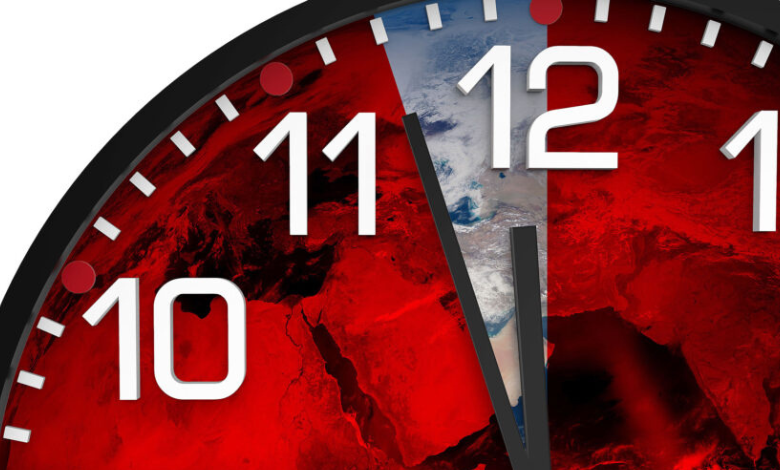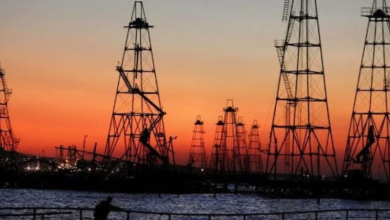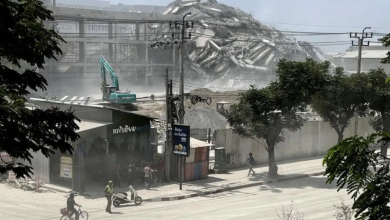Doomsday Clock: ’90 seconds to midnight is profoundly unsustainable’

The Doomsday Clock, a symbolic countdown to human extinction, has been reset at 90 seconds to midnight, still the closest the Clock has ever been to midnight, reflecting the continued state of unprecedented danger the international community faces, as per a panel of scientists.
In 2023, the Bulletin of the Atomic Scientists set the Clock at 90 seconds to midnight, the closest it had been since its establishment in 1947. The organisation seeks to educate people on potentially devastating dangers through the countdown.
Doomsday Clock: Multiple threats influenced decision
Rachel Bronson, the president and chief executive of the Bulletin, said “ninety seconds to midnight is profoundly unsustainable.” The Bulletin cited the continuing threat of a nuclear escalation in Ukraine, the Israel-Gaza conflict and the lack of climate action.
Last year, the panel of international scientists noted that humanity’s continued existence was at greater risk than ever before, majorly because of the months-long invasion of Ukraine and Russia’s “thinly veiled threats to use nuclear weapons”.
In its 2024 announcement, the organisation said a number of global threats influenced their decision including, “2023’s official designation as the hottest year on record.” The EU’s Copernicus Climate Change Service confirmed the concerning state earlier this month.
The Bulletin also noted “the Russia-Ukraine war and deterioration of nuclear arms reduction agreements”, “the increased sophistication of genetic engineering technologies” and “the dramatic advance of generative AI, which could magnify disinformation.”
Cause for hope: Youngsters leading the charge
Striking midnight represents the end of the world. The Doomsday Clock is reset every year to illustrate global human-created threats the Bulletin considers existential, such as nuclear war, biothreats like COVID-19, artificial intelligence and the climate emergency.
But Bronson said there was still cause for hope, despite the Doomsday Clock being again reset at 90 seconds to midnight. “It’s urgent for governments and communities around the world to act … the Bulletin remains hopeful … in seeing the younger generations leading the charge.”
Read More: Is Bologna’s controversial 30km/h speed limit a blessing for the environment?



